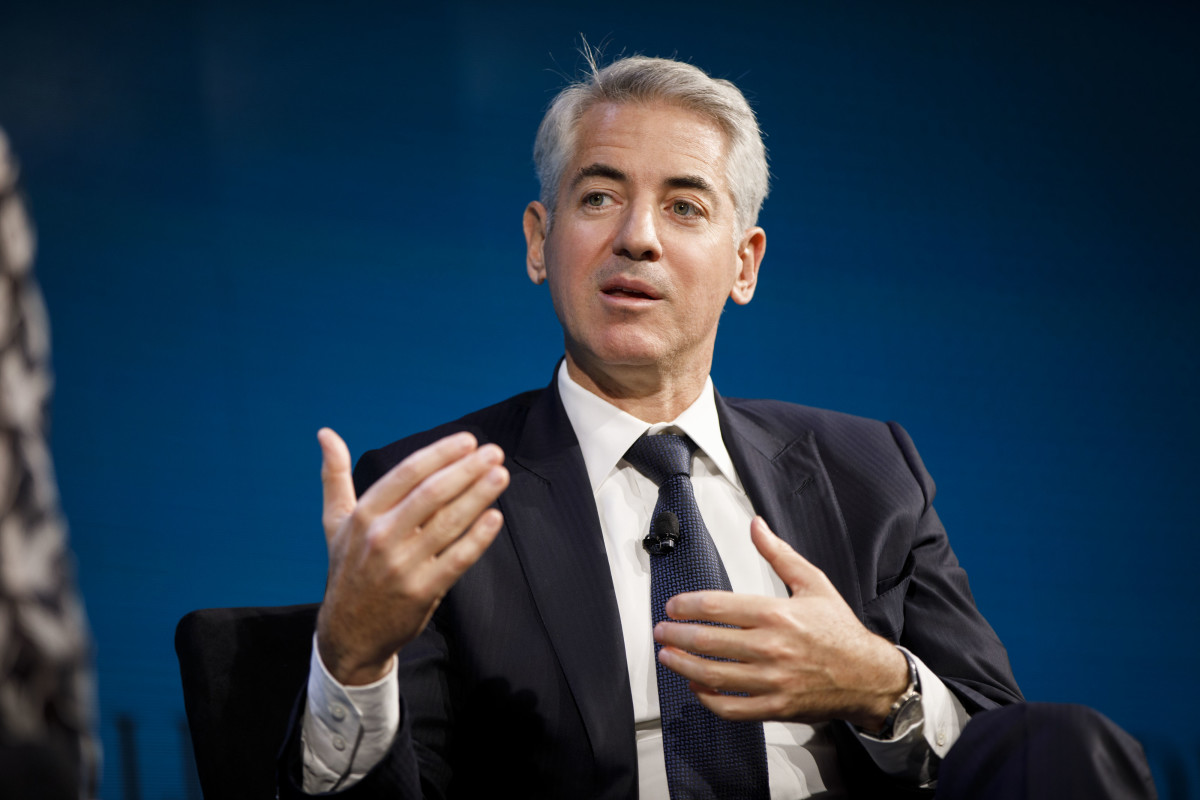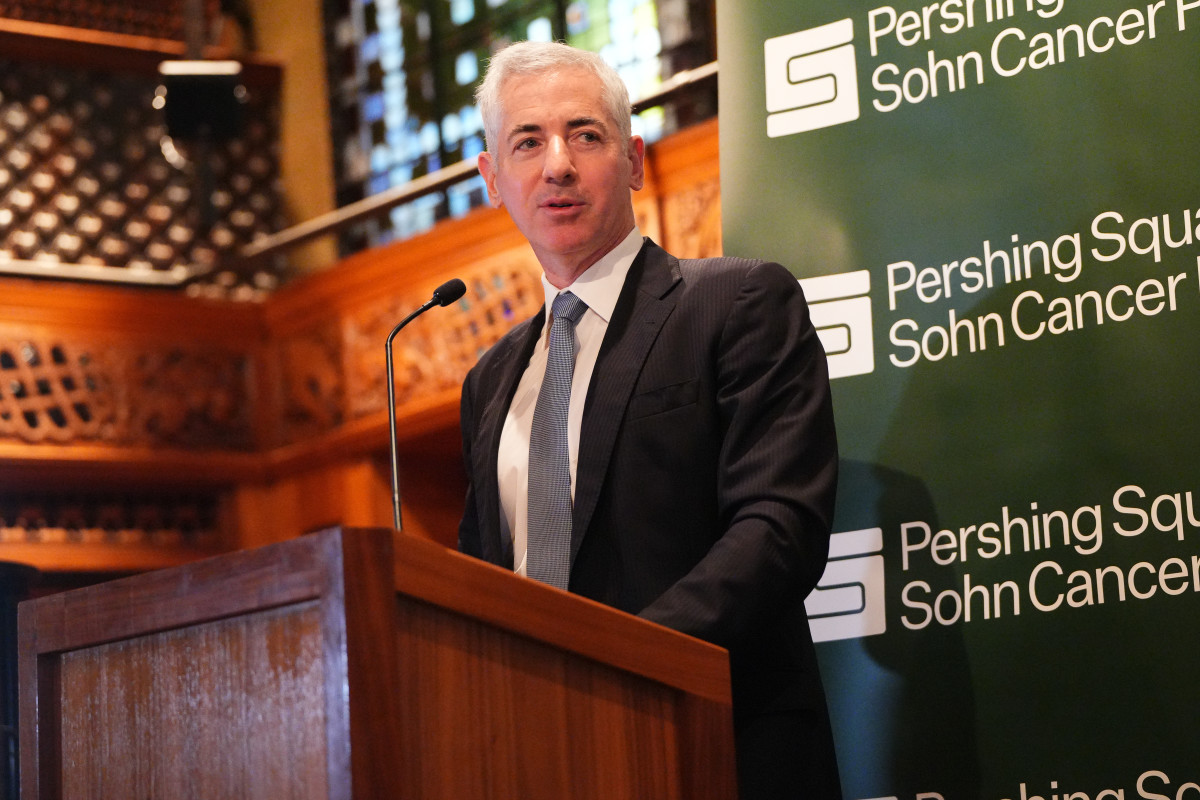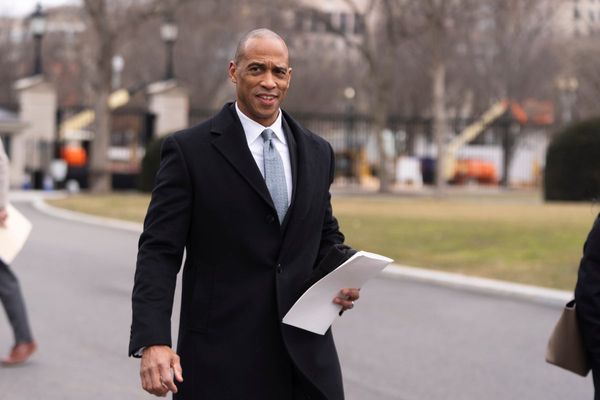
Fannie Mae and Freddie Mac have anchored the housing market as government-sponsored enterprises (GSE) for decades. Both organizations help lower housing costs for consumers by assuming risks since they purchase mortgages from banks.
Though Fannie Mae and Freddie Mac traditionally operated with limited oversight, the federal government put both entities under a financial conservatorship after the 2008 Financial Crisis to improve their financial standing and help the housing market recover.
Prominent investors and newly appointed Trump administration housing employees have vocalized support for relinquishing both housing agencies from the federal government’s financial conservatorship.
💰Don't miss the move: Subscribe to TheStreet's free daily newsletter💰
While experts note that the arrangement was never meant to be permanent, many economists highlight that there could be dire ramifications if Fannie Mae and Freddie Mac are privatized during a historically unaffordable housing market.
Homebuyers will likely have to absorb the costs through higher mortgage rates and tighter lending standards, as the federal government will no longer be able to guarantee mortgages.
However, Scott Turner, the newly confirmed secretary of Housing and Urban Development (HUD), has hinted that a few housing shakeups may be in store.

HUD considers privatizing Fannie and Freddie in cost-cutting initiative
During his Senate confirmation hearing in January, HUD Secretary nominee Scott Turner referenced the housing affordability crisis and widespread reform of housing subsidies.
However, Turner mentioned increasing HUD efficiency, a theme aligned with Elon Musk’s so-called Department of Government Efficiency (DOGE). Easing regulations that the Trump administration believes are hindering affordable housing construction will be a main focal point for HUD.
In an interview with the Wall Street Journal, Turner noted that “HUD would work with the Treasury Department and Congress on the privatization of mortgage-finance firms.” He also hinted that the federal agency could be renamed to better reflect rural and tribal communities.
Privatizing Fannie Mae and Freddie Mac has been a goal since the first Trump administration, but efforts were blocked in 2019. Some proposals submitted in favor of privatization suggest using the $407 million the federal government puts toward supporting these enterprises to help fund the proposed widespread tax cuts.
More on homebuying:
- Dave Ramsey warns Americans on a homebuying mistake to avoid
- Housing expert reveals surprising ways to reduce your mortgage rate
- Americans buying homes may see major housing cost changes in 2025
- Finance veteran has a warning for Americans purchasing a home now
Bill Ackman, founder of Pershing Square Capital Management and outspoken proponent of privatizing Fannie Mae and Freddie Mac, has suggested that share prices of both organizations would surge if the conservatorship ends, and it would remove liabilities from the federal government’s balance sheet.
However, Ackman also stands to gain nearly $1 billion if Fannie Mae and Freddie Mac were privatized due to Pershing Square’s strong holdings in both organizations.
While ending the financial conservatorship may free up federal funds and increase shareholders' profits, it risks upending an already tenuous housing market, according to some financial analysts, economists, and housing policy experts who are concerned about the consequences of withdrawing government support too quickly.
What privatization means for mortgage rates
Homebuyers are already reluctant to enter the market due to elevated mortgage rates, and privatizing Fannie Mae and Freddie Mac could raise rates even further, driving down market demand.
The Congressional Budget Office projects that 750,000 households purchasing single-family homes will receive an indirect subsidy of $2,282 in 2025 due to lower fees from Fannie Mae and Freddie Mac’s operations.
Housing market experts anticipate that privatizing both housing agencies would put substantial upward pressure on mortgage rates and could even repeat the unstable conditions that created the 2008 Financial Crisis.
Related: Billionaire Bill Ackman makes a bold bet on housing market
Danielle Hale, Senior Economist at Realtor.com, highlights that mortgage rates would likely increase if the conservatorship ends because the guaranteed backing from the federal government of Fannie Mae and Freddie Mac would be eliminated, making mortgage loans riskier for lenders.
“Consumers currently get lower mortgage rates because investors are willing to lend without demanding as much of a risk premium,” Hale said.
Ken Johnson, a housing economist at the University of Mississippi, suggests that the risks of privatizing the agencies outweigh the benefits, as loan mismanagement and foreclosure are more likely with less government oversight.
“Privatization could allow them to get more creative and support mortgage structures that would make it easier for more people to buy a home,” Johnson said. “The downside of that scenario is that if standards become too loose, risky home loans could once again proliferate, teeing up a potential repeat of 2008.”
Related: Veteran fund manager issues dire S&P 500 warning for 2025







